#Government
Europe Wants to Compete With China's Battery Production, Eventually
Wary that China might have the battery market totally cornered by the time electric vehicles become mainstream, the European Union is trying to jumpstart the industry at home. This year, the EU has started working with manufacturers and financial institutions to develop a reliable supply chain of the lithium-ion packs that have been difficult to come by.
European Commission Vice President Maros Sefcovic is targeting 100 billion euros ($113 billion) for the program, which Bloomberg said would help the EU “act like China.”
EU Emission Fines Could Spell Trouble for Automakers in 2021, Especially VW and FCA
A recent study from consulting firm AlixPartners has suggested that automakers could be in for a financial ass kicking of epic proportions. As it turns out, reaching emission quotas is a difficult business and the European Union wants 95 grams of carbon dioxide per kilometer by 2021. The study suggests few automakers are on track to reach that goal and, as a result, will be forced to pay out sizable fines. We’re talking billions.
Can you guess which manufacturers are supposed to get hit the hardest?
Here’s a hint: we’ve discussed one of them having similar issues in the United States earlier this year and both of their names are in the title of this article.
Gas War Watch: Canada Sides With California
Canada’s federal government announced it has signed a memorandum of understanding with California to further reduce vehicle emissions. It would appear that the United States’ neighbor to the north has chosen a side in the gas war — at least spiritually.
Canadian Environment Minister Catherine McKenna, along with California Governor Gavin Newsom, announced the agreement’s signing on Wednesday.
“As the world’s fifth-largest economy and a global leader in clean transportation, California is a leading example of how climate action can be good for people, the environment and the economy,” McKenna said. “We look forward to working with California to fight climate change, keep the air clean and give drivers better options for cleaner, more affordable vehicles.”
Attention Automakers: Ajit Pai is Not Your Friend
Two decades ago, the Federal Communications Commission decided to allocate a portion of the radio frequency spectrum for Dedicated Short Range Communications ( DSRC). The plan was to utilize that slice of the airwaves for ultra-modern automotive technologies relating to vehicle-to-vehicle and/or vehicle-to-infrastructure communications. Unfortunately, there hasn’t been a whole lot of activity on those channels.
The automotive industry was concerned it might need dedicated frequencies for use in autonomous-vehicle applications or some, yet unknown, technological advancement. But cable companies are annoyed that it’s being “wasted” and have started to antsy. They’ve asked the FCC to revoke carmakers’ exclusive rights to the frequencies and reallocate the majority of the 5.9-GHz band to the Wi-Fi systems that currently carry internet traffic for cable customers.
Hoping to encourage the commission to see things its way, Ford took FCC Chairman Ajit Pai out for a ride in an extra-special F-150 to plead its case. However, I feel like I can already predict whose side he’s going to take on this issue… and it isn’t going to be the automakers’.
Florida Governor Signs Bill Allowing AVs Without Human Safety Drivers
Florida Governor Ron DeSantis signed CS/HB 311: Autonomous Vehicles into law on Thursday, claiming the state has effectively removed “unnecessary obstacles that hinder the development of autonomous vehicle technology,” including human safety operators.
Provided that a vehicle meets all insurance requirements, Florida will no longer require AVs to operate with a flesh-and-blood person behind the wheel. However, those that do remain in the driver’s seat, will also be exempt from the state’s distracted driving laws.
United Kingdom Tests 'Acoustic Cameras' to Identify Loud Cars
The United Kingdom’s Department for Transport will test noise-detecting cameras across the country over the next 7 months to see if it can adequately detect and identify vehicles modified to emit obnoxious levels of noise when the driver pins the accelerator. The systems are relatively new, though the government says it will recommend further development of the system for deployment across the UK.
As things currently stand, it’s illegal for any new vehicle to exceed 74 decibels in Europe. While your personal car can exceed those sound limits within UK borders, as there’s no formal limit to vehicle noise, it is illegal to modify your car’s exhaust system to make it louder. Sort of a Catch-22, because if your car exceeds 74 dbA, it probably means you’ve modified it.
Make It Worth My While: EV Stats Point to an Ongoing Thirst for Subsidies
If you’re stinking rich, few things stand in the way of any purchase. For plebs consumers of lesser means, pocketbook considerations factor much more heavily into all purchases. You author, by the way, feels pretty good about stockpiling discount meat in his freezer.
When it comes to electric vehicles, limited range and higher sticker prices serve as roadblocks to widespread consumer adoption, regardless of passionate lectures from politicians and online people. There’s progress being made on both issues, but spiffing new green rides remains a go-to method of stimulating sales. A pile of someone else’s cash on the hood goes a long way to sealing a deal.
In Canada, the U.S., and other developed nations, that EV cash comes from your friends and neighbors, not the manufacturer. And if Canadian data from May shows anything, it’s that the appearance of a modest rebate does little to get buyers in the mood to go green. Go big or go home?
Wells Fargo Settles for $386 Million in Auto Insurance Suit
Wells Fargo will reportedly pay customers a minimum of $386 million to settle class-action claims that the bank covertly signed customers up for auto insurance they did not want or need.
Back in the summer of 2017, the bank found itself implicated in widespread auto insurance and mortgage lending abuses. Over a year later, Wells Fargo was slapped with a $1 billion fine from the Consumer Financial Protection Bureau and Office of the Comptroller of the Currency to settle U.S. investigations into the company’s insurance and mortgage practices.
While the auto insurance plan ended in 2016, roughly 800,000 customers (or 600k by Wells Fargo’s estimates) were believed to be affected by the auto insurance issue over roughly a four-year period. For most, that meant being overcharged for insurance they didn’t need., but some customers ended up with their vehicles repossessed and their credit rating demolished, promoting the class-action suit.
As Mexico Beefs Up Its Border, Tariffs Still Lurk on Monday
Friday brought a third day of talks aimed at preventing a U.S.-imposed tariff on Mexican goods. Late last month, the White House warned that a 5 percent import levy would hit Mexican goods on June 10th, rising to 10 percent by July and 25 percent by October, if Mexico doesn’t stem the flow of illegal migrants travelling through its country to reach the U.S.
Going into the weekend, the threat still stands. There are, however, signs of progress both from the U.S. and its southern neighbor.
China Fines Ford Over Supposed Antitrust Violations, Assembles List of 'Unreliable Entities'
China has fined Ford Motor Company’s main joint venture in the country, Changan Ford Automobile Co., over antitrust violations. However, the more likely scenario is that the People’s Republic is trying to flex some muscle after the Trump administration declared a ban on doing business with Huawei, the world’s largest telecommunications provider, on national security grounds.
The oversimplified gist of the situation is that America doesn’t trust a telecom firm with direct ties to the Chinese Communist Party that could easily be tapped by the Chinese government for espionage. Several countries banned Huawei equipment earlier this year after the U.S. Justice Department unsealed a raft of indictments, included 23 counts pertaining to the alleged theft of intellectual property, obstruction of justice, and fraud relating to sanctions against Iran.
U.S. to GM: Sorry, Pay Your Buick Envision Tax
Pity the poor Buick Envision. As one of the few Chinese-built vehicles sold in America, it earned an unpatriotic stigma upon its arrival. There’s no word on how many UAW workers own one. Meanwhile, the compact crossover launched partway through the 2016 model year with only high-end trims in tow, saddling it with a steep starting price. The entry price has since declined to saner levels.
Just when Buick thought it had righted the Envision ship, the U.S. hiked tariffs on a slew of Chinese goods to 25 percent last July, suddenly making the Envision a less profitable endeavor for the doctor’s car brand. As we learned today, General Motors’ appeal for mercy apparently fell on deaf ears.
Automakers, Already Taking a Hit From Trump's Mexican Tariff Threat, Worry the Pain Has Only Just Begun
The profit-focused appeal of building vehicles in low-cost jurisdictions propelled many automakers to boost manufacturing capacity in America’s southern neighbor — a decision that now haunts them.
After President Donald Trump issued a Thursday statement declaring his administration would levy a 5 percent tariff on all Mexican-made goods starting June 10th, some $17 billion in market value evaporated from top automakers the following day. Ford, General Motors, and Fiat Chrysler all saw their share prices tumble. Should Trump follow through on his promise of an escalating tariff (a threat designed to stem illegal migration into the U.S.), the pain felt by both companies and their customers will be extreme.
Naturally, the industry is pushing back the best it can.
Driving Dystopias: China Doesn't Sound Terribly Fun
With China having become the world’s largest automotive market by individual sales, it’s worth keeping tabs on it for burgeoning driving trends. While that’s predominantly revolved around electric vehicles, the People’s Republic also has pretty strict driving rules backed by some of the tightest monitoring of a civilian population imaginable. China is setting up a vast surveillance system that tracks every single one of its 1.4 billion citizens and is adapting it for use in its new “social credit system,” which sounds like the most Orwellian thing in existence.
The system is intended to publicly shame criminals, debtors, jaywalkers, and those with “controversial” political views while monitoring their every move but it’s also doing a fine job of making life harder for drivers.
Auto Tariffs Off the Table for 180 Days, Trump Claims
U.S. President Donald Trump pushed the threat of tariffs on imported vehicles to the background on Friday, announcing a 180-day pause as the country negotiates trade agreements with Japan and the European Union.
The delay comes a day ahead of a Saturday deadline imposed by the Commerce Department. In February, the department delivered the findings of an investigation on whether auto imports represent a national security threat to the United States. The report, not seen by the public, issued recommendations to the White House.
UK Cops Look to Crack Down on Distracted Drive-Thru Payments, Among Other Things
As part of its push to eliminate the scourge of distracted driving, the UK has given the country’s notoriously rigid police force a new tool to help eliminate road deaths: the ability to levy $256 fines and six penalty points to motorists paying via Apple Pay at the drive-thru.
Thanks to new laws that went into effect this spring, the police, some of which take great pride in ridding the country of tools that fell off an electrician’s belt, now have the power to turn that late-night McDouble run into a costly nightmare.



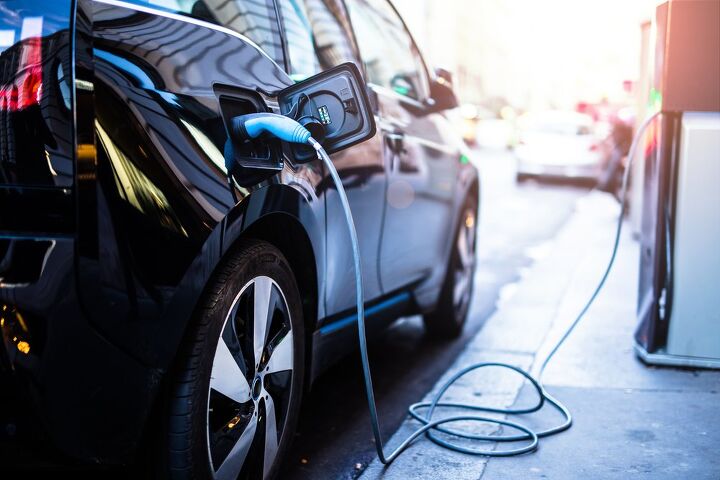



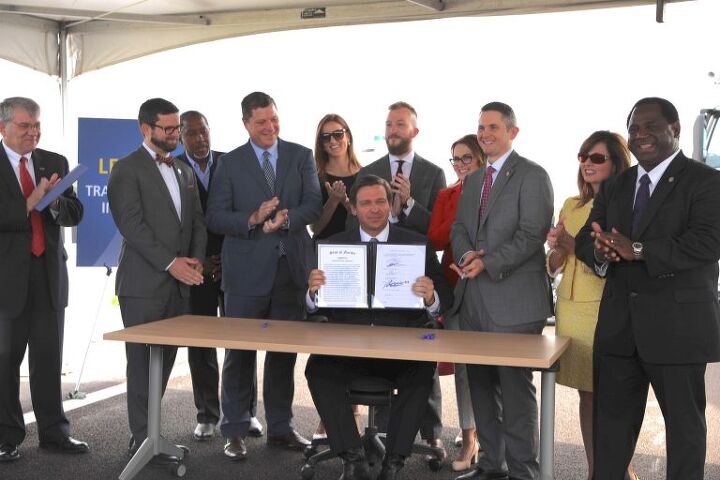




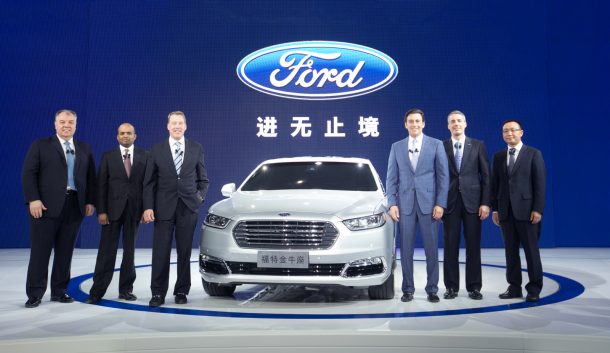
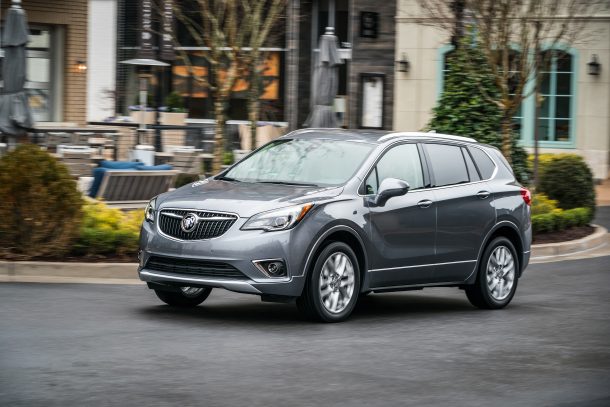
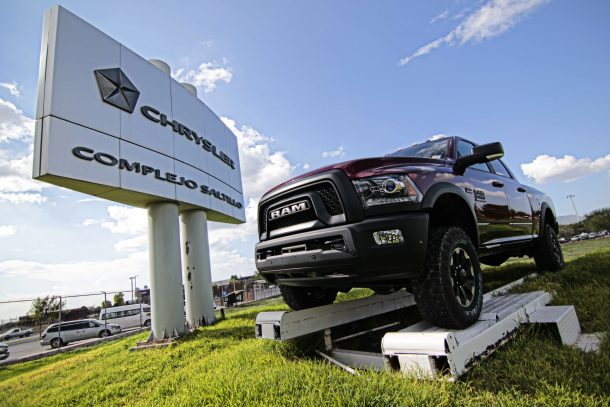
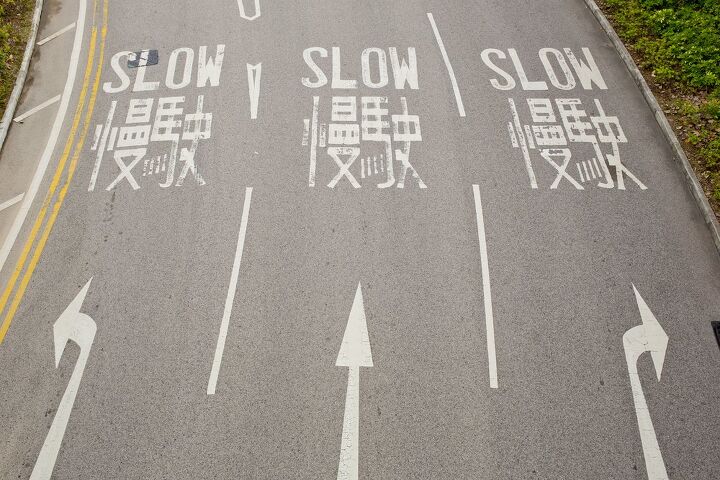














Recent Comments